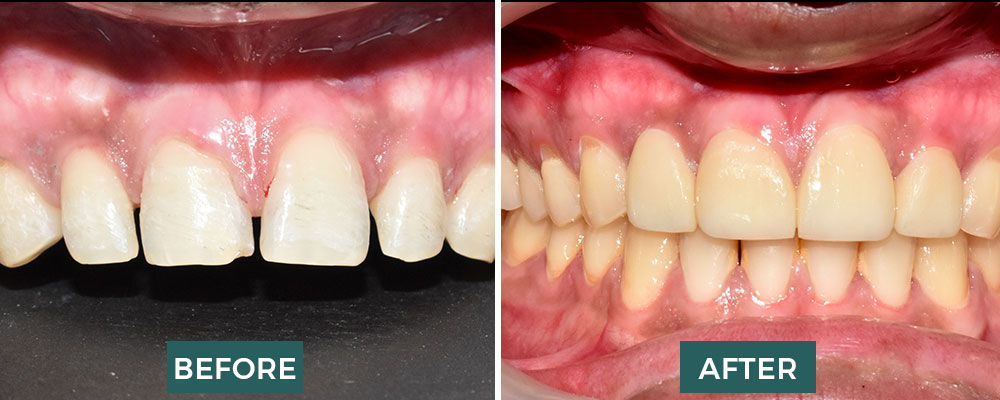
What are Dental Veneers?
Dental veneers are thin, custom-made shells that are attached to the front surface of teeth to improve their appearance. They can be used to cover up a variety of cosmetic imperfections, such as chipped or broken teeth, gaps between teeth, discolored teeth, and worn-down teeth.
There are two main types of dental veneers: porcelain and composite resin. Porcelain veneers are made from a durable ceramic material that is resistant to staining and chipping. Composite resin veneers are made from a plastic material that is less durable than porcelain veneers, but they are also less expensive.
Benefits of Dental Veneers
There are many benefits to getting dental veneers, including:
- They can improve the appearance of your smile.
- They can make your teeth look whiter and brighter.
- They can cover up a variety of cosmetic imperfections.
- They can protect your teeth from further damage.
- They can last for many years with proper care.
Procedure for Getting Dental Veneers
The procedure for getting dental veneers typically involves the following steps:
- Consultation: You will have a consultation with your dentist to discuss your goals for treatment.
- Preparation: Your dentist will prepare your teeth for the veneers by removing a small amount of enamel from the front surface of your teeth.
- Impression: Your dentist will take an impression of your teeth to create custom-made veneers.
Cost of Dental Veneers
The cost of dental veneers varies depending on the type of veneers you choose, the number of veneers you need, and the location of your dentist. Porcelain veneers typically cost more than composite resin veneers.
Care for Dental Veneers
To care for your dental veneers, you should:
- Brush your teeth twice a day with a soft-bristled toothbrush.
- Floss your teeth daily.
- Avoid staining foods and drinks.
- Do not use hard-bristled toothbrushes or toothpaste.
- Wear a mouthguard when playing sports.
